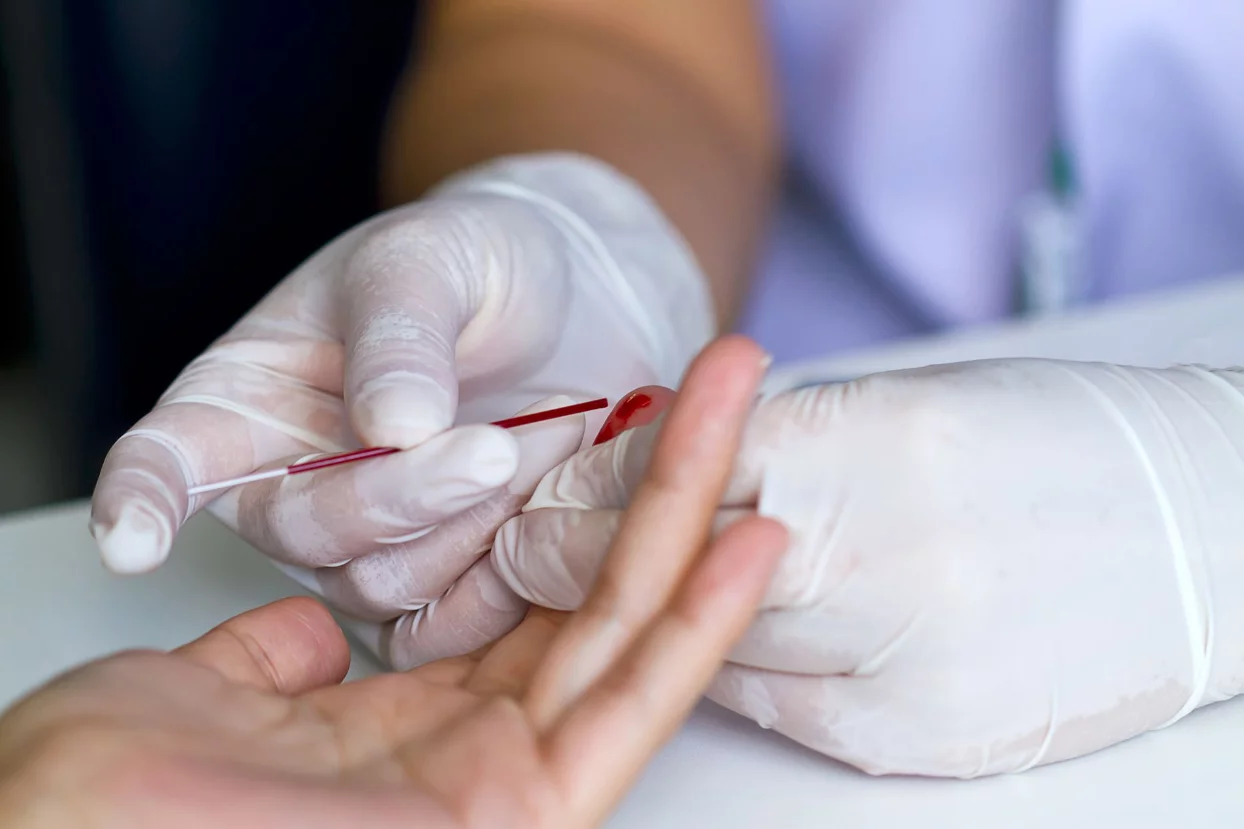Calls for Ukraine
Calls for Europe
Calls for USA

Early detection of cancer significantly increases the chances of successful treatment, and American researchers have proven that biomarkers in the blood can indicate the presence of a tumor more than three years before diagnosis.
The key factor was tiny fragments of genetic material released by tumors. If the analysis that detects these DNA markers in the blood can be widely implemented, it will open up the possibility of reliably detecting cancer at the earliest stages.
“Three years is enough time for intervention,” says Yuxuan Wang, a cancer researcher at Johns Hopkins University in Maryland. “During this period, tumors are likely to be less developed and easier to treat.”
The team analyzed blood samples from 26 participants in a large-scale health study who were diagnosed with cancer within six months of the blood collection. These data were compared with the analyses of 26 people who did not develop cancer.
The test was designed to search for circulating tumor DNA (ctDNA). Using algorithms and cross-checks, the scientists were able to detect cancer-related mutations even at extremely low concentrations.
In eight of the 52 study participants, the MCED (multi-cancer early detector) test developed by the scientists revealed signs of cancer. This means that the blood test detected the disease in almost 31% of patients who were later diagnosed.
For six of these eight people, earlier blood samples taken 3.1–3.5 years before diagnosis were available. In four of them, the test also detected traces of tumor DNA, although their concentration was 80 times lower than in the samples tested by MCED.
However, there is still much work to be done. The earlier the blood sample was taken, the more difficult it is to detect traces of ctDNA in it. More sensitive tests are needed to reliably detect cancer three years before diagnosis.
“This study demonstrates the potential of MCED tests in early cancer diagnosis and establishes the level of sensitivity required for their successful application,” notes Bert Vogelstein, an oncologist at the Ludwig Center at Johns Hopkins University.
Scientists are actively working on methods for early cancer detection, including blood tests. However, passing clinical trials and obtaining regulatory approval remain serious obstacles.
Despite the difficulties, there is reason for optimism: each new study in the field of early diagnosis deepens our understanding of how cancer develops and how it can be detected in its early stages.
Additional encouragement comes from advances in cancer treatment, including drugs that can fight multiple types of cancer. This gives hope for further improvements in patient survival rates.
“Detecting cancer years before clinical diagnosis can help with treatment and a more favorable prognosis,” says Nikolaos Papadopoulos, a researcher at the Ludwig Center. “However, we now need to determine what clinical measures should be taken after a positive test result.”
Please rate the work of MedTour
